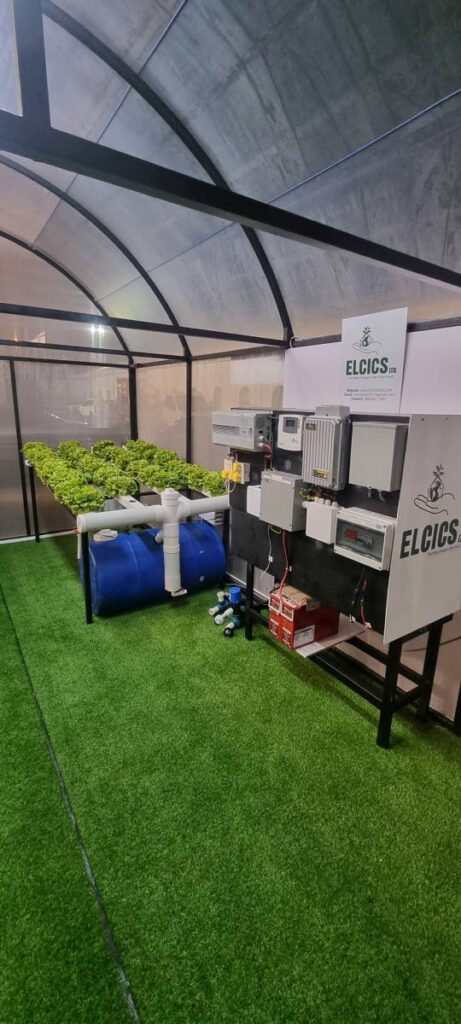Alternative energy to support food initiatives

THE EDITOR: Throughout TT there are areas of fertile land which can be used to support agricultural activities and by extension improve domestic food security. In many of these areas, agricultural lands are located off the electrical grid. There is no electrical power in many rural areas for irrigation, lighting, cold storage and also possibly security fencing. The use of alternative energy for such areas can possibly increase the performance output from our agricultural sector.
TT should consider investing in the use of solar power in our food production spaces. Solar power is one of the most convenient sources of energy which is relatively cheap and environmentally friendly. Furthermore, the use of alternative energy can support vulnerable crop production activities like hydroponics which requires a constant supply of electrical power. In rural pastures, solar-powered lights can be used to deter bats from attacking livestock.
We need to enter a new paradigm where renewable energy supports food security, thereby enabling cost-effective and efficient food production activities. More and more people are becoming interested in hydroponics and other forms of soilless cultivation of crops. These contemporary practices will create a demand for energy and can be costly with respect to non-renewable energy costs.
The adoption of technology into farming practices can possibly stimulate more young people to become food production engineers (aka high-tech farmers) and entrepreneurs. The future of food production coupled with alternative energy can see enclosed buildings becoming plant factories to increase food production outside of the need for access to arable land.
The future of food production must carefully examine the need for energy as we change the way of farming to be more technologically driven with minimum impact on non-renewable energy demands. In this “light,” agricultural policy makers in TT must pave the way for the inclusion of alternative energy in our food production practices.
SHASTRI HANS BADAL
via e-mail


Comments
"Alternative energy to support food initiatives"